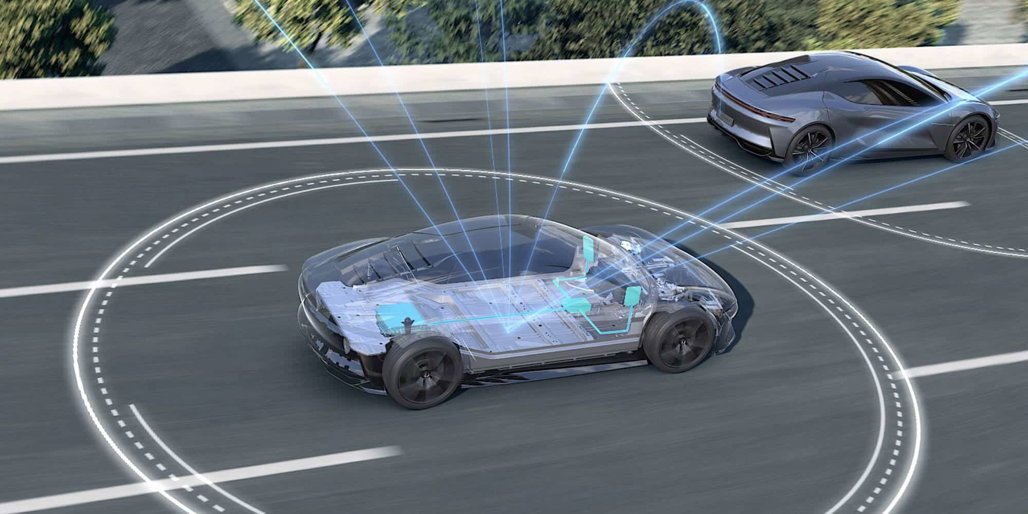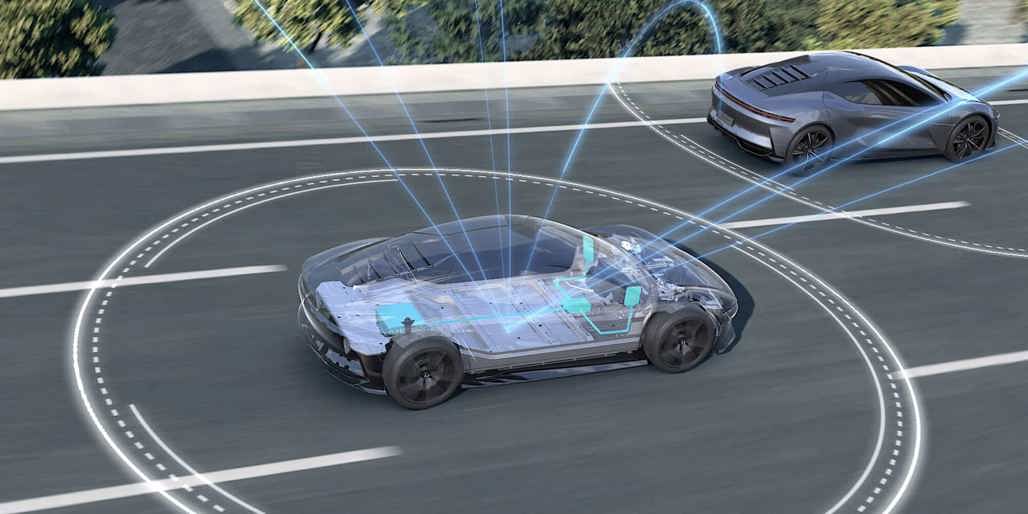Chinese auto giant BYD plans to roll out Navigate on Autopilot (NOA) features across its entire vehicle range in 2025, as reported by business and technology platform 36Kr.
From the budget-friendly BYD Seagull to the premium Yangwang U8 hybrid SUV, the Shenzhen-based automaker aims to make Level 2+ autonomous driving accessible to all, challenging the industry’s traditional price-to-feature ratio.
This shift comes as BYD strengthens its position in advanced driver-assistance systems (ADAS) and smart driving technology, areas where it previously lagged behind competitors.
Investing in software

In September 2023, BYD formed a dedicated ADAS development team, now boasting 1300 specialists.
By January 2024, the company announced an ambitious ¥100 billion (NZ$24.4 billion) investment into ADAS research, signalling a decisive pivot towards in-house software solutions.
BYD also tapped fellow Chinese companies, including drone maker DJI and smartphone company Huawei, to help accelerate its efforts.

BYD’s DiPilot systems offer increasing levels of autonomous capability, from basic NOA features in the DiPilot 100 to full urban and highway autonomy in the high-end DiPilot 600.
Basic DiPilot features such as adaptive cruise control and automatic emergency braking are already available in BYD models sold in New Zealand, including the Seal sedan, Atto 3 SUV and more.
Outpacing the competition

BYD plans to launch advanced ADAS features on its entry-level Seagull and other models by mid-2025.
These systems, designed to include both highway and urban smart driving functions, aim to reposition BYD as a leader in autonomous driving technology.
According to reports, suppliers anticipate ADAS-equipped EVs in this lower-end price range by 2026. BYD's accelerated timeline positions it ahead of competitors, potentially reshaping the market.
BYD’s push for affordability and innovation is evident.
By the end of 2025, NOA could become standard on domestic market EVs priced at ¥150,000 (NZ$36,600), with urban smart driving functionalities extending to models costing ¥100,000 (NZ$24,400) by 2026.
Eventually, we expect BYD's enhanced autopilot features to trickle down to global models in a phased rollout, but an exact timeline remains difficult to pinpoint.





